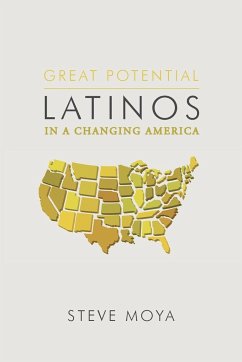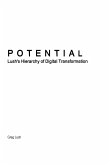Many Americans are wondering (and maybe worrying) about the impact of the growing Latino population. That's not surprising: in 1970 there were only 9 million Latinos (4.5% of the nation's population) but today they're fifty million strong-and by 2050, that number is projected to grow to ninety-five million. So maybe it's time to reflect on this important trend, not by isolating Latinos but by considering their role within the larger national context. Much of the nation's attention has centered on immigration or more specifically, illegal immigration. That's unfortunate because there is a much greater story here. The more interesting issues are who is going to pay for Medicare, Social Security and other costs of an aging society, and how as a nation do we continually replenish the workforce with people who have the necessary skills to compete in an increasingly competitive world. For the United States, part of the answer is its Latino population, the nation's youngest and fastest-growing minority, which has shown a strong work ethic and the desire to move up the socioeconomic ladder like previous populations. For Latinos, the challenge is this: how to enhance their education levels and skills in order to be relevant in the information economy and meet the needs of the modern workplace at a time when federal, state, and local budgets are strained, if not declining. This book explains why an aging America needs Latinos. While it looks in-depth at the economic forces we're facing, it focuses on strategies Latino families and communities throughout the nation can adopt to build a better future for themselves and the nation.
Hinweis: Dieser Artikel kann nur an eine deutsche Lieferadresse ausgeliefert werden.
Hinweis: Dieser Artikel kann nur an eine deutsche Lieferadresse ausgeliefert werden.








